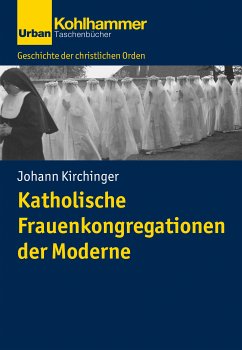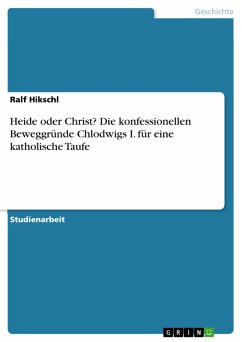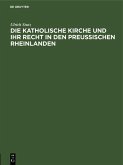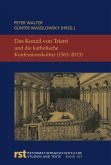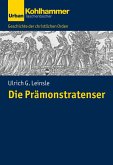Female religious communities are among the formative phenomena for Catholicism in modern times. They represent a form of common life which, in contrast to the contemplative orders, allows members to engage in charitable and educational activities. Female religious communities had an emancipatory effect by accelerating the professionalization of their work. At the same time, however, this led to the feminization of these activities, one consequence of which was low pay. Johann Kirchinger convincingly attributes these developments to a quantitative expansion that can only be understood against the background of the strong cultural, economic, and religious divide between the cities (the site of action for the religious communities) and rural areas (as their recruiting base) that prevailed especially between 1850 and 1950.
Dieser Download kann aus rechtlichen Gründen nur mit Rechnungsadresse in A, B, BG, CY, CZ, D, DK, EW, E, FIN, F, GR, H, IRL, I, LT, L, LR, M, NL, PL, P, R, S, SLO, SK ausgeliefert werden.

